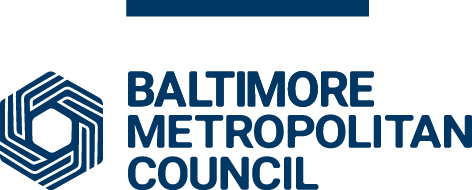-
Contract Number - |
-
Entity -
Wor-Wic Community College| -
Vendor -
Govred Technologies| -
Expiration Date -
2/14/2023| -
Extension Options -
| -
Buyer - |
-
Email -
purchasing@worwic.edu| -
Telephone - |
-
Contract Category -
N/A|
-
Contract Number - |
-
Entity -
Wor-Wic Community College| -
Vendor -
Image Asphalt| -
Expiration Date -
1/18/2022| -
Extension Options -
| -
Buyer - |
-
Email -
purchasing@worwic.edu| -
Telephone - |
-
Contract Category -
N/A|
-
Contract Number - |
-
Entity -
Wor-Wic Community College| -
Vendor -
Quality Staffing Services| -
Expiration Date -
11-09-2024| -
Extension Options -
| -
Buyer - |
-
Email -
purchasing@worwic.edu| -
Telephone - |
-
Contract Category -
N/A|
-
Contract Number - |
-
Entity -
Wor-Wic Community College| -
Vendor -
ARK Systems| -
Expiration Date -
9/18/2023| -
Extension Options -
| -
Buyer - |
-
Email -
purchasing@worwic.edu| -
Telephone - |
-
Contract Category -
N/A|
-
Contract Number - |
-
Entity -
Wor-Wic Community College| -
Vendor -
Classic Lawn Care| -
Expiration Date -
03-03-2023| -
Extension Options -
| -
Buyer - |
-
Email -
purchasing@worwic.edu| -
Telephone - |
-
Contract Category -
N/A|
-
Contract Number - |
-
Entity -
Wor-Wic Community College| -
Vendor -
Classic Lawn Care| -
Expiration Date -
2/25/2022| -
Extension Options -
| -
Buyer - |
-
Email -
purchasing@worwic.edu| -
Telephone - |
-
Contract Category -
N/A|
-
Contract Number - |
-
Entity -
Wor-Wic Community College| -
Vendor -
Truist| -
Expiration Date -
1/18/2022| -
Extension Options -
| -
Buyer - |
-
Email -
purchasing@worwic.edu| -
Telephone - |
-
Contract Category -
N/A|
-
Contract Number - |
-
Entity -
Wor-Wic Community College| -
Vendor -
David A Bramble| -
Expiration Date -
8/28/2023| -
Extension Options -
| -
Buyer - |
-
Email -
purchasing@worwic.edu| -
Telephone - |
-
Contract Category -
N/A|
-
Contract Number - |
-
Entity -
Wor-Wic Community College| -
Vendor -
Mathematica| -
Expiration Date -
02-12-2025| -
Extension Options -
| -
Buyer - |
-
Email -
purchasing@worwic.edu| -
Telephone - |
-
Contract Category -
N/A|
-
Contract Number - |
-
Entity -
Wor-Wic Community College| -
Vendor -
Grantibly| -
Expiration Date -
3/15/2023| -
Extension Options -
| -
Buyer - |
-
Email -
purchasing@worwic.edu| -
Telephone - |
-
Contract Category -
N/A|
